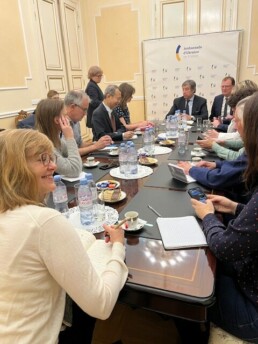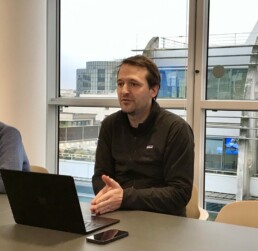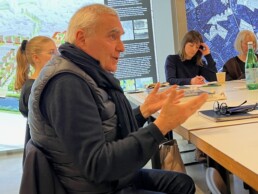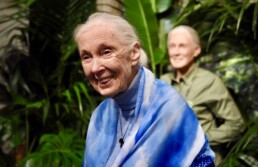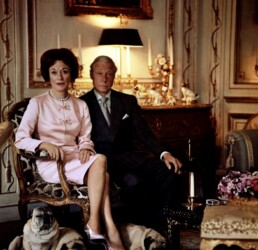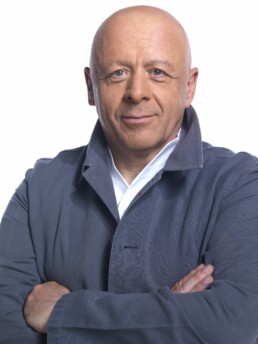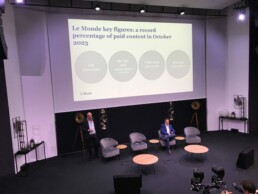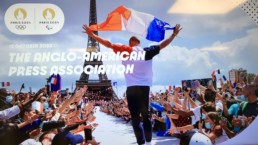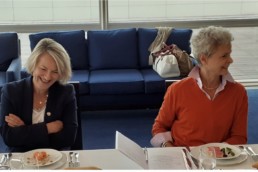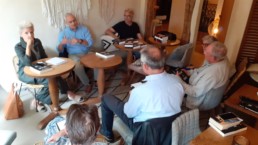Ukrainian Ambassador Highlights Need for Western Support
On January 30, the AAPA met for more than an hour with Vadym Omelchenko,…
AAPA visits France’s unicorn DOCTOLIB
On January 12, the AAPA met with Doctolib founder Stanislas Niox-Chateau at the…
Repurposing the Paris 2024 Olympic Village
Dominique Perrault is the architect and urbanist who conceived of the…
Jane Goodall has a double in Paris
Jane Goodall, world expert on chimpanzees and militant ecologist, answered…
Visit to Villa Windsor, Historic Residence of Charles de Gaulle, British Royalty
Villa Windsor in the Bois de Boulogne On November 14, about 20 AAPA members…
Thierry Marx and the free cooking schools
Thierry Marx, the chef étoilé with a rags-to-riches story who in 2012 founded a…
AAPA breakfast meeting with Tony Estanguet, Paris Olympic Committee
The Paris Olympic Committee invited the AAPA to a breakfast meeting with…
Lunch with Air France CEO
The AAPA was invited to lunch and a visit to the flight archives to celebrate…
The War in Ukraine…18 Months On
The former Swiss Intelligence officer turned contrarian author spoke to…
